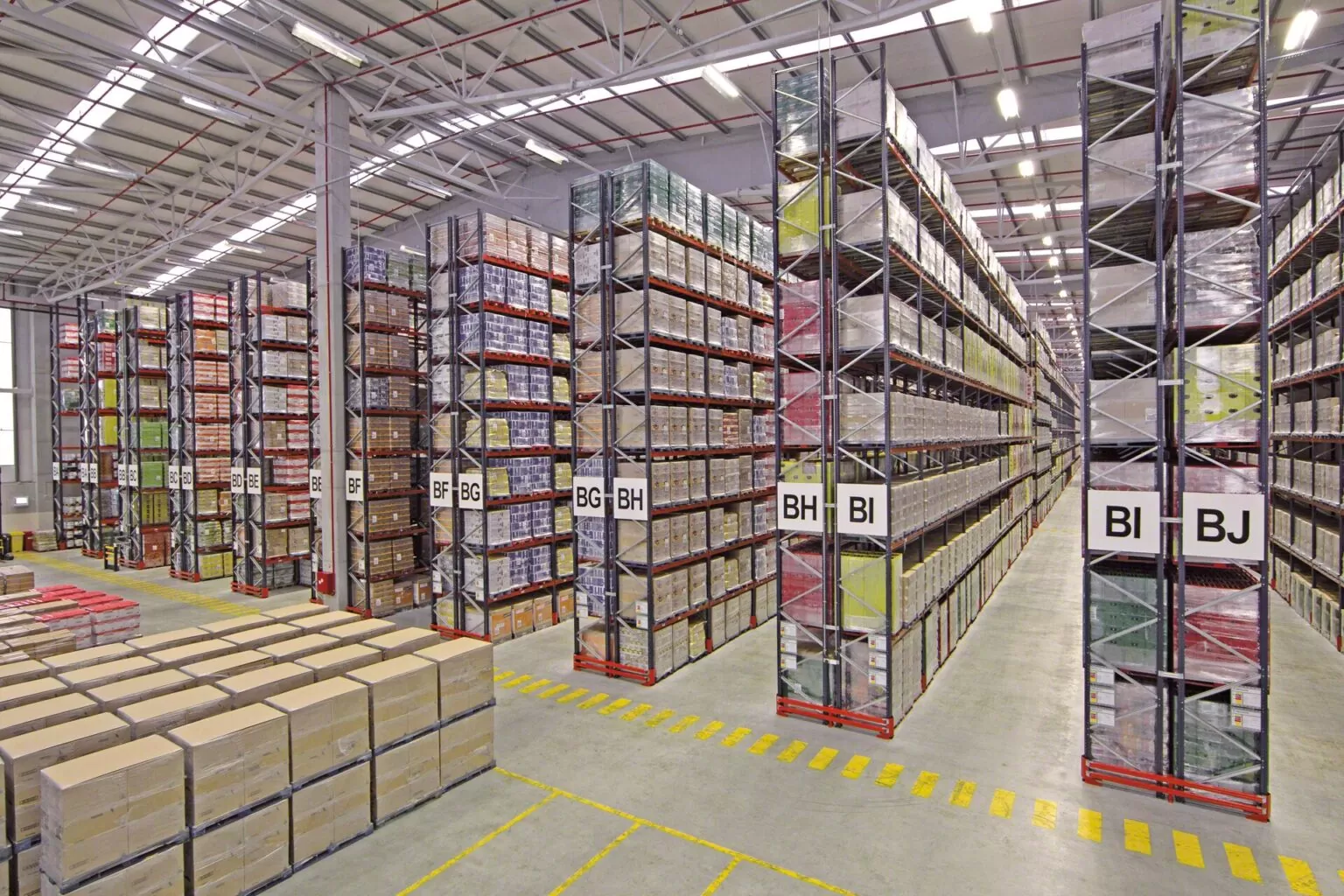 Add My Company
Add My Company

When it comes to modern warehouses, the only way to store ever-increasing volumes of product is to stack them at increasing heights, which requires exceptionally robust and heavy duty shelving to work properly.
Ensuring that this remains possible requires businesses to look not only at the opportunities of the future but the lessons of the past, and one of the most unique use cases for strong shelving units was in the storage of early works of literature.
One of the most interesting quirks of the history of shelving is that the need for a heavy-duty bookshelf predates the invention of the codex, the shape and form of the book that is ubiquitous today.
If anything, early libraries highlighted the need for a robust shelving solution even more, given that records were typically stored on stone or clay tablets in considerable volumes and of considerable weight, closer to the weight of bulk warehouse products than modern paperbacks.
One of these early bookshelves was so robust and protective that it not only survived the destruction of the palace it was based in but also preserved some of the earliest written works in human history long after the civilisation that forged them was burned to the ground.
The Library Of The Palace Of Ebla
Ebla is an ancient city in what is now Northwest Syria, and its discovery highlighted the existence of other ancient civilisations besides Mesopotamia and Ancient Egypt.
Centrally located in the Ancient Near East, it proved to be a major trade centre, and producer of a wide range of exports itself, giving itself considerable power in the region until a century-long war with Mari led to a decline and eventual destruction of the kingdom.
Because of its importance for trade, records of transactions, inventories, kings, place names and descriptions of relationships with other cities in the Levant.
At the time, these would have been stored on clay tablets, imprinted when wet with a reed stylus before being dried in the sun, making them fragile but dry and able to store information on partly recessed shelves at such an angle that the first few words could be seen at a glance.
This makes it one of the earliest organised library systems in history, and this storage archive was housed next to other, larger repositories that stored necessary literary, ritualistic and educational tablets, including those required by young scribes to learn the trade.
The tablets were written both in Sumerian, one of the oldest written languages in history, as well as a phonetic language using the same characters that transcribed the phonemes used in the language of Ebla, later known as Eblaite.
The particular structure of the shelving was the biggest reason why the tablets survived to provide so much insight into early civilisations today.
At some point around 2250 BC, Ebla was destroyed, the palace holding the royal archive burned to the ground for reasons still speculated to this day, with either Sargon of Akkad, Eannatum of Lagash, Lugalzagesi of Umma, Isqi-Mari or a natural disaster causing the fires.
This, theoretically, should have meant that this vast archive would be destroyed, but the shelving collapsed in such a way that protected the tablets and also simultaneously baked them in the searing heat, making them much harder and more durable.
This means that the world’s oldest library bookshelf not only was robust enough to hold hundreds of clay tablets but managed to protect them so completely that they survived for millennia before being discovered by Paolo Matthiae and his team.
It also highlights the hidden importance of artefacts that are not found in museums. The shelves in question have tragically been lost to time, although in their destruction they preserved vital history that could have been lost.
Shelves help people get access to the resources they need to build the future, but they also managed to preserve the past, and the influence of these ancient repositories on modern warehouse shelving cannot be understated.
For more information on How The World’s Oldest Bookshelf Inspired Modern Warehouses talk to UK Shelving Ltd

